Monkey See, Monkey Review: The Box (2009)
 Rob Dean On
Rob Dean On  Tuesday, March 16, 2010 at 3:17PM
Tuesday, March 16, 2010 at 3:17PM Where's the dividing line between allowing an artist free rein to tell his story and the need for some sort of structure to organize that story? Some people work great completely unfettered, giving form to every thought that gestates in their fevered brain. Tarantino seems like a writer who can go off on multiple tangents, mash-up various genres and tones, and yet it all feels like a cohesive whole (Death Proof notwithstanding). These are the iconic artists who, when left to their own devices, create works of such beautiful originality and innovation that you just want them to seclude themselves from the rest of the world and continue dreaming up more unique visions.
 Then there are those that need to be pushed and restrained. It's a hard balance to strike between stifling an artist's vision and giving him boundaries that he has to work within. Book writers tend to be the ones with the most freedom, as it's solitary work that doesn't necessitate a lot of different components, departments or contributions. Movies, on the other hand, tend to be the one with that most precarious of balance - as there are so many different people working on a movie, each with his own vision, with her own motivation for seeing the film succeed. But out of these hardships can come some great stories. Jaws would probably be terrible if the mechanical shark hadn't malfunctioned, therefore resulting in a much more menacing approach to the titular monster. Certain restraints can force an artist to narrow her vision, or to be more clever and resourceful to work around whatever obstacles are placed in front of her.
Then there are those that need to be pushed and restrained. It's a hard balance to strike between stifling an artist's vision and giving him boundaries that he has to work within. Book writers tend to be the ones with the most freedom, as it's solitary work that doesn't necessitate a lot of different components, departments or contributions. Movies, on the other hand, tend to be the one with that most precarious of balance - as there are so many different people working on a movie, each with his own vision, with her own motivation for seeing the film succeed. But out of these hardships can come some great stories. Jaws would probably be terrible if the mechanical shark hadn't malfunctioned, therefore resulting in a much more menacing approach to the titular monster. Certain restraints can force an artist to narrow her vision, or to be more clever and resourceful to work around whatever obstacles are placed in front of her.
So where does one stake the marker between limitations and censorship? Between helpful collaboration and smothering corporate oversight? How does one determine what would be best for his work - to listen to the voices of others or to go it alone? How can an artist tell when to rein it in and when to push as far as you can?
I don't know the answers to these questions and, judging by Richard Kelly's oeuvre, he doesn't either. Kelly first burst onto the scene with Donnie Darko - a great, odd little indie film seemingly tailor-made for today's brand of confused emo and goth kids who all want their own slice of weirdness pie. Combining all manner of fringe concepts and interests wrapped up in a well-shot package delivered with quasi-intelligent - or is that just purposefully? - dialogue, Donnie Darko was a truly unique film that seemed to announce a new talent had arrived in the form of Writer/Director Kelly.
But then things got worrisome...
First was the release of Domino, a movie written by Kelly and directed by Tony Scott at the zenith of his  meth-addled, frenetically cut, ADHD film making. The movie had so many plot points, with very few resonating beyond a simple "I guess that was cool - wait, was that cool?" before moving on to some other ill-defined concept or character. But it was hard to determine how much of the hyperactive vacuity was due to Kelly's script and how much was due to Tony Scott continuing to try to give his audience a seizure.
meth-addled, frenetically cut, ADHD film making. The movie had so many plot points, with very few resonating beyond a simple "I guess that was cool - wait, was that cool?" before moving on to some other ill-defined concept or character. But it was hard to determine how much of the hyperactive vacuity was due to Kelly's script and how much was due to Tony Scott continuing to try to give his audience a seizure.
Next was the director's cut of Donnie Darko. And yeesh...it was rumored that the studio had a lot of influence in the final edit of Darko before it was released, but it's always unclear how much can be attributed to one person or persons in the final outcome. However, the director's cut stripped away any subtlety or ambiguity, laying bare any questions the audience might have - proving that it's not always the answers that encourage devotion (for further proof of this point, check out the final season of Lost as people are balking at the answers that team is providing after years of endless pondering). Whereas the theatrical cut of Darko had nuance and its openness to interpretation engaged the audience, Kelly's director's cut was blunt and borderline insulting in its redundant repetition of WHAT'S GOING ON and HOW IT'S SO IMPORTANT.
Then came Southland Tales with its stories of a Cannes audience filled with vitriol and loathing after watching the premiere. When I saw it in theaters there were 4 other people in the theater, and 2 of them walked out.  Southland Tales was a confused mess that lurched from one promising idea, intriguing character and engaging concept to another, all while refusing to pick a tone or a unifying approach the actors were expected to use in portraying their characters.
Southland Tales was a confused mess that lurched from one promising idea, intriguing character and engaging concept to another, all while refusing to pick a tone or a unifying approach the actors were expected to use in portraying their characters.
It was radically ambitious - taking on the energy crisis, politics, entertainment, technology, the definition of identity, time travel, religion and our corporate future - but it was radically flawed in that it never stayed too long with any of these issues or exploring any of them beyond a vaguely profound line of dialogue or some pseudo-pithy rejoinder to how fast we seem to be approaching the apocalypse. Rather than choosing one particular vantage point or one unifying tone (is it a comedy? subversive cult sci-fi film?), Kelly seems engaged in a neverending game of "and then..." by throwing idea after idea upon the screen and seeing what sticks, but nothing really does, it moves around like the very water imagery motif that Kelly returns to often.
And yet...the film stayed with me. There are scenes and characters that just carry on after the movie ends, planting seeds of contemplation and curiosity. And while Kelly may have flown too close to the sun on wings of pastrami, at least he tried to soar - a far worthier crime than people just phoning it in or barely meeting whatever mediocre expectations audiences have for a passably distracting film.
In fact, this one sequence almost makes the entire Southland shitshow worthwhile - at the very least, it displays more imagination and creativity than the entire backlog of Dane Cook and Rob Schneider combined:
Which brings us to The Box. Oh, The Box. Based on Richard Matheson's short story "Button, Button" it tells the tale of a couple presented with a mysterious box and the choice/morality play of pressing a button, sentencing a person they don't know to death in exchange for a million dollars (the original was a considerably smaller sum). The short story was turned into a Twilight Zone episode in the 80s, which is perfect for its patented format of a "twist ending" and rather simple form of moral justice. In both the short story and the episode, the main focus of the narrative is the debate between the husband and wife as the former doesn't think they should press the button and the latter thinks of the things they could do with that money. However, in short story form and in television episode form, there's not a lot more to work with. Going in to this movie, one could be expecting a dialogue driven examination of moral relativity and ethical standards, or a character driven clash of beliefs exploring how people know one another or the various shades of gray that dominate our lives and relationships. But Kelly, as usual, went in a different direction.
The tension surrounding the decision of whether or not to press the button accounts for about the same amount of time as in the short story and the Twilight Zone episode. Instead, The Box expands on this story and uses the morality play as the gateway to a story involving the afterlife, aliens, the Voyager mission to Mars and a vast conspiracy created to explore humanity's values. In Mid-70s Virginia, Frank Langella plays a strange disfigured man who presents Cameron Diaz and James Marsden with the titular box and its corresponding moral quandary. After some discussion, and following scenes that display the various financial issues facing the couple, the button is pressed and someone dies. Soon the couple is finding themselves beset on all sides by people who seem to be employees of Langella, exhibited by vacant stares and recurring nose bleeds, constantly monitoring the couple and making awkward references to Sartre's No Exit.
There's a lot more to The Box, including a rather shallow twist towards the end, but to go further into it is to spoil it. Kelly displays many fine ideas, often associated with many stirring images, but all of them feel unfinished; callbacks to the sermonizing of Day the Earth Stood Still combined with the dread of the original Wicker Man are interesting, but ultimately only suggested. None of the emotional beats ring true - since we don't care too much about the characters, how can we care that much about what happens to them? People seem at once in on the conspiracy and yet completely oblivious to what is going on. Sequences occur without much necessity and even less explanation. And while Diaz has a death-grip hold on her parodic Scarlett O'Hara accent throughout the movie, Marsden loses his about 3/4s of the way through.
Kelly has a lot of good ideas - but he needs more streamlined approach. That doesn't mean he has to be more linear, or more conventional; it means he needs to fulfill promises that he makes in his own narrative. Pursue ideas to their ends as opposed to quickly switching to a new point of intrigue. He needs more constriction from producers, editors or other collaborators who should force him to narrow his intent. Because the fact is that the man is incredibly ambitious and very talented - but ultimately unfocused. And while a barrage of cool-yet-odd stuff can be entertaining, if it's ultimately fluff or not tied to any real emotional story - then it doesn't matter. Imagine all those movies and TV shows with twist endings that not only don't make sense but aren't that effective; that hollow sort of "so what?" feeling that creeps into viewers head. It's a backhanded compliment to say that Kelly's movies feel like they should mean more; there's a real sense of immense potential in each film that is eventually (and unfortunately) squandered by a lack of a unified theory to the work.
I remain hopeful that Kelly will find himself in his own box, not so confined that he feels claustrophobic and oppressed, but with the restrictions needed for him to have the maximum impact that he so clearly desires.

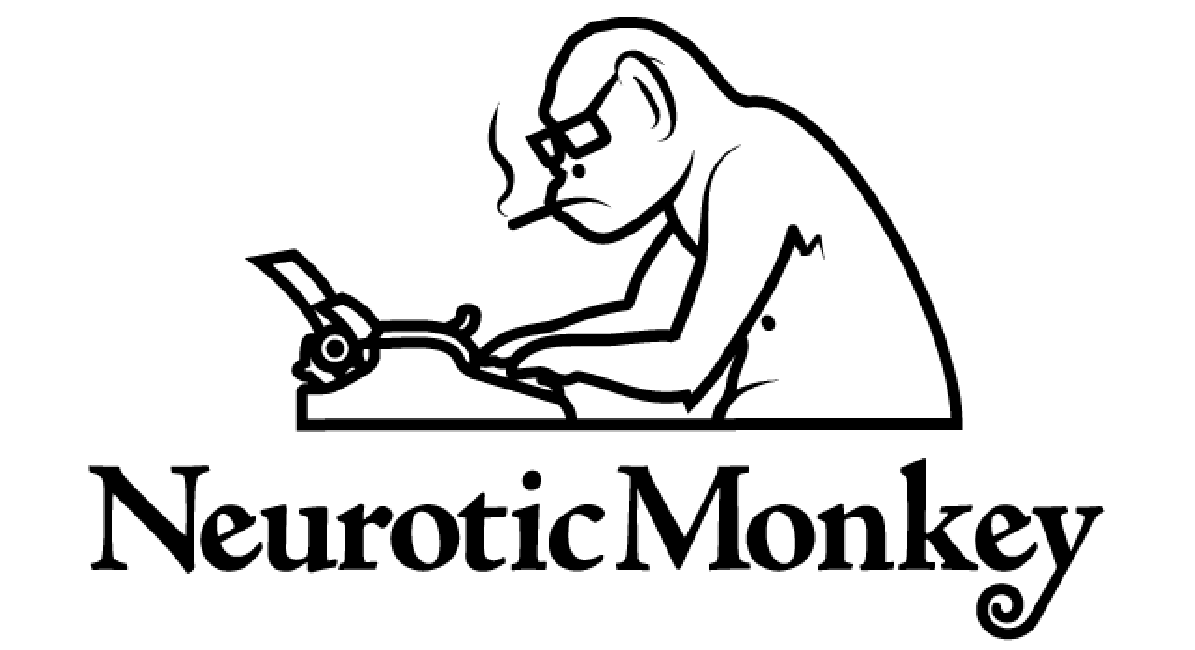

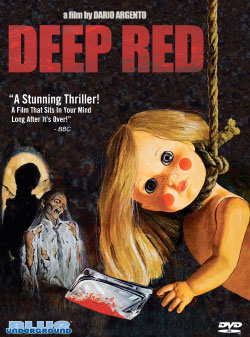
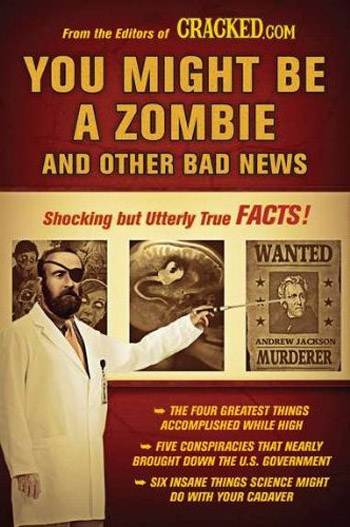
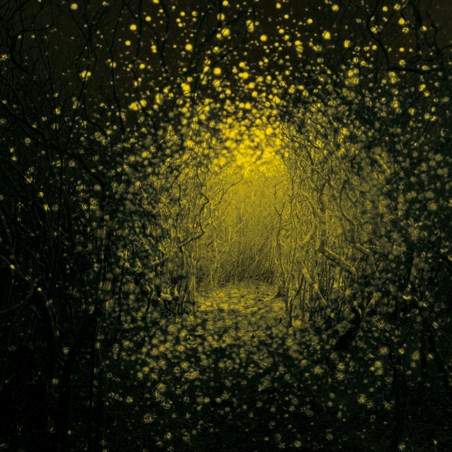
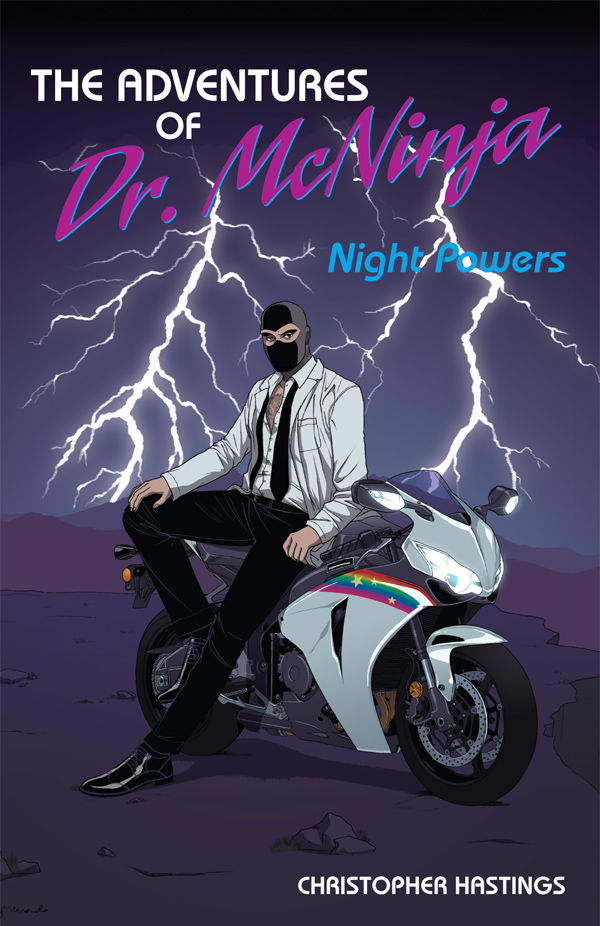
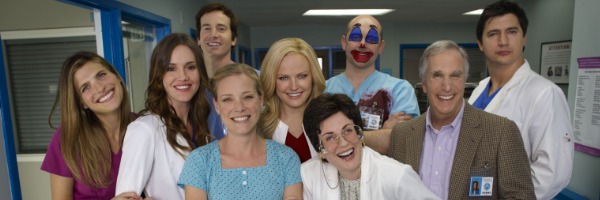
Reader Comments